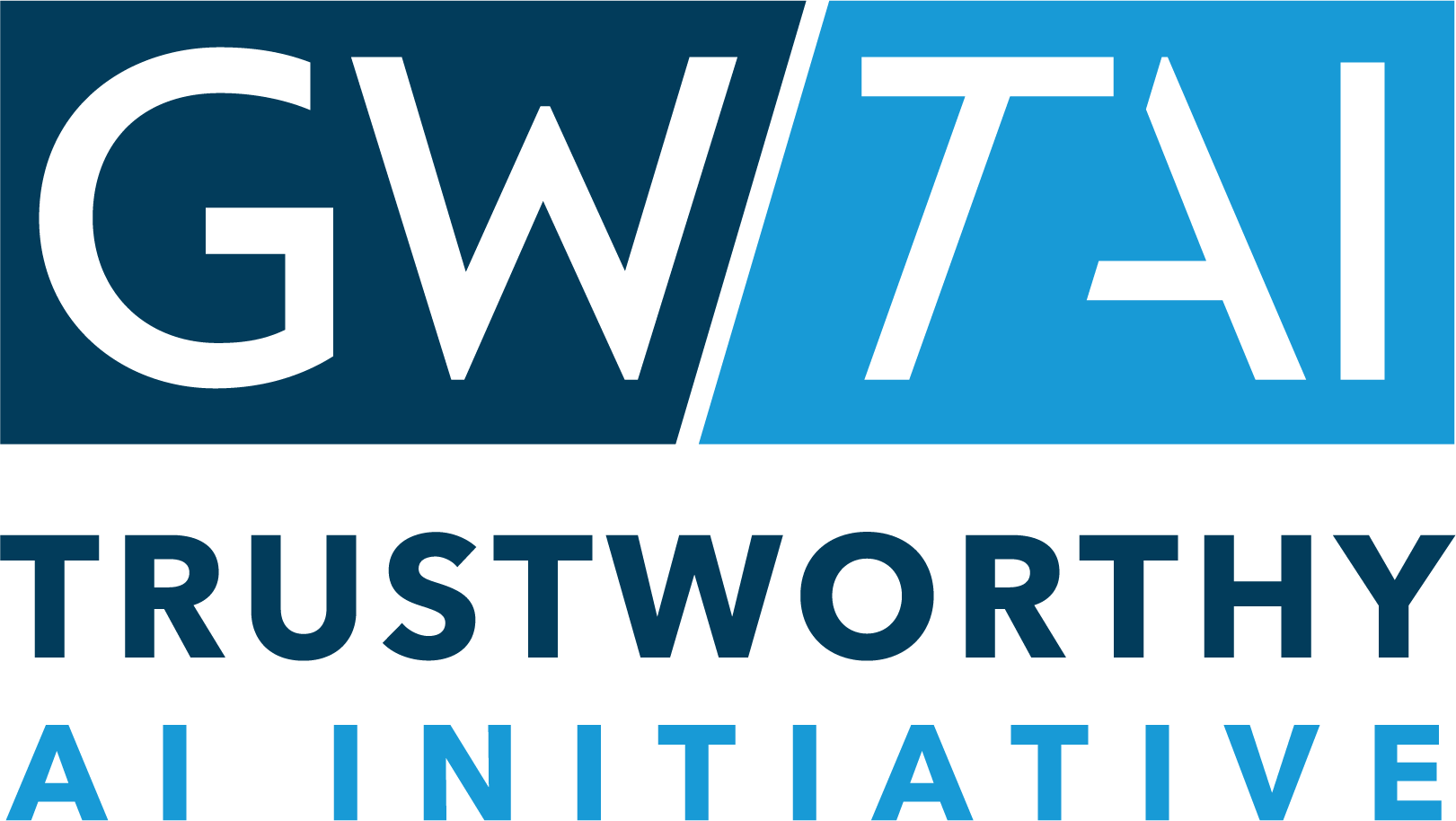Artificial Intelligence (AI) has become pervasive in our everyday lives and has quickly changed how we solve problems at home, school, and work. AI can transform society for good by helping address many of the world’s biggest challenges; however, we first must explore how to use trustworthy AI to address these challenges. Nine PhD fellows from four disciplines spent their summer exploring how to harness interdisciplinary knowledge and trustworthy AI to solve real-world problems.
The PhD fellows went on three “AI in the Wild” site visits, which kicked off their participation in a 10-week research formulation incubator. The incubator is part of the GW Co-Design of Trustworthy AI in Systems (DTAIS) program, a National Science Foundation Research Traineeship (NRT) that supports PhD students conducting research at the intersection of artificial intelligence and human work systems.
The site visits and summer incubator reflect the ethos of the DTAIS program – building a dedicated network of students, faculty, and industry professionals to tackle some of today’s essential questions about AI and the future of work.
DTAIS fellow Stephen Hilton shared that the program’s interdisciplinary, impact-focused nature is what drew him to join in the first place.
“I was originally drawn to the DTAIS program because of the different researchers that I would have the opportunity to speak with on a daily basis from different backgrounds who could help me round out my research to a broader audience,” Hilton explained.
“The AI in the Wild experience gave us the opportunity to see how different professionals and researchers use available tools to do their work and provided insight into how our research may impact their work,” he said.
This year’s site visits took the fellows to the Children’s National Medical Center, the MITRE Corporation, and the Washington Metropolitan Area Transportation Authority (WMATA). Each visit provided fellows with distinct AI use cases where trustworthiness is particularly critical.
“We connect with people and organizations that can provide a tangible experience in trustworthy AI for our students,” said Zoe Szajnfarber, DTAIS principal investigator, faculty director for GW’s Trustworthy AI Initiative (TAI), and EMSE professor. “We’ve had the opportunity to build a strong network of collaborators who value engaging with our students.”
After the visits, the fellows debriefed with one another and with faculty on how they can use the visits as inspiration for their research.
“AI in the Wild helps them come up with problems that benefit from an interdisciplinary perspective, and the incubator pushes them to jump in and get their hands dirty in trying to solve the problem,” Szajnfarber explained.
The “AI in the Wild” visits are just the beginning of empowering DTAIS fellows to be the next generation of AI innovators who help solve our world’s most pressing challenges.


